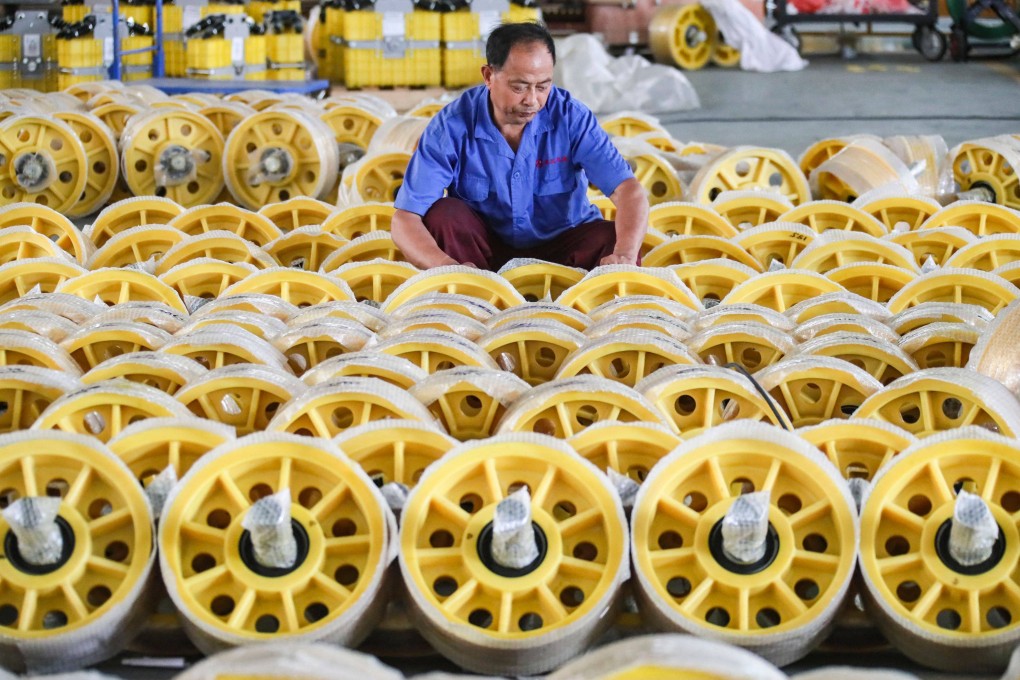Advertisement
Macroscope | As China’s economy revs up, brace for even higher global energy prices and inflation
- While Fed policy tightening will help placate those who believe inflation is the result of loose monetary policy, it shouldn’t deflect attention away from the centrality of China in the current inflationary story
Reading Time:3 minutes
Why you can trust SCMP
2

“The risk is when China is back,” said Suhail al-Mazrouei, energy minister of the United Arab Emirates, last week. Al-Mazrouei was alluding to the likelihood of further pressure on already high oil prices, driven by increased demand from a resurgent Chinese economy emerging from strict coronavirus-related lockdowns.
Still-higher energy prices can only exacerbate broader inflationary pressures, which policymakers in many parts of the world are already grappling with. But, if a further short-term spike in oil prices reflects that China’s economy is again firing on all cylinders, then it might be worth it.
The disruption to global supply chains, caused by the Covid-19 pandemic, underlined the centrality of China’s manufacturing heft to the smooth running of the global economy.
Advertisement
Disrupted Chinese production-line activity has impaired the supply of goods the world relies on, and, as is always the case where supply cannot meet demand, has helped drive rising consumer price inflation (CPI) globally.
Of course, for those who ascribe to Nobel Prize-winning economist Milton Friedman’s assertion that “inflation is always and everywhere a monetary phenomenon”, elevated CPI readings are rooted in monetary expansion by central banks, not least in their attempts to mitigate the economic downsides of coronavirus-containment measures.
Advertisement
Advertisement
Select Voice
Select Speed
1.00x

